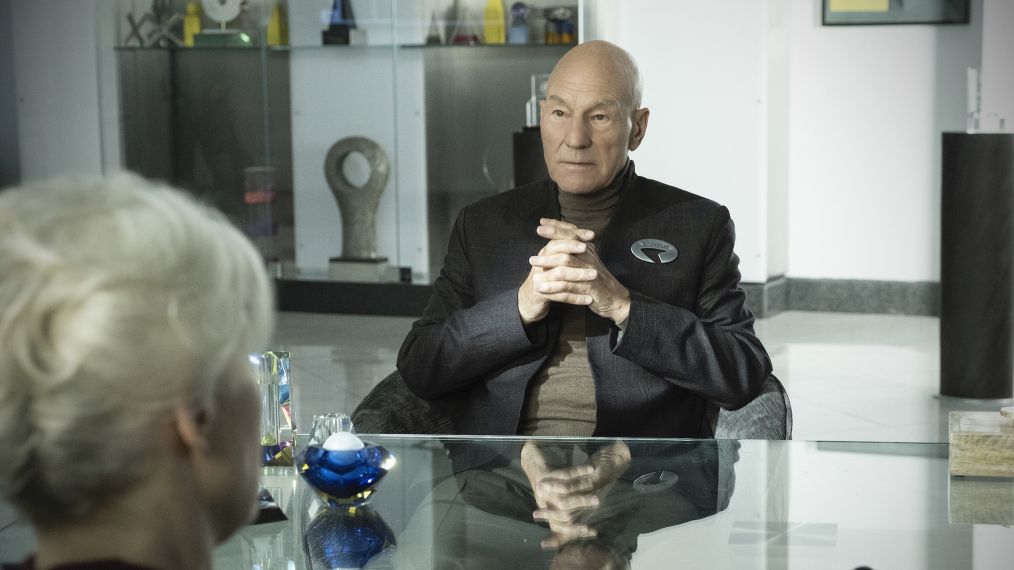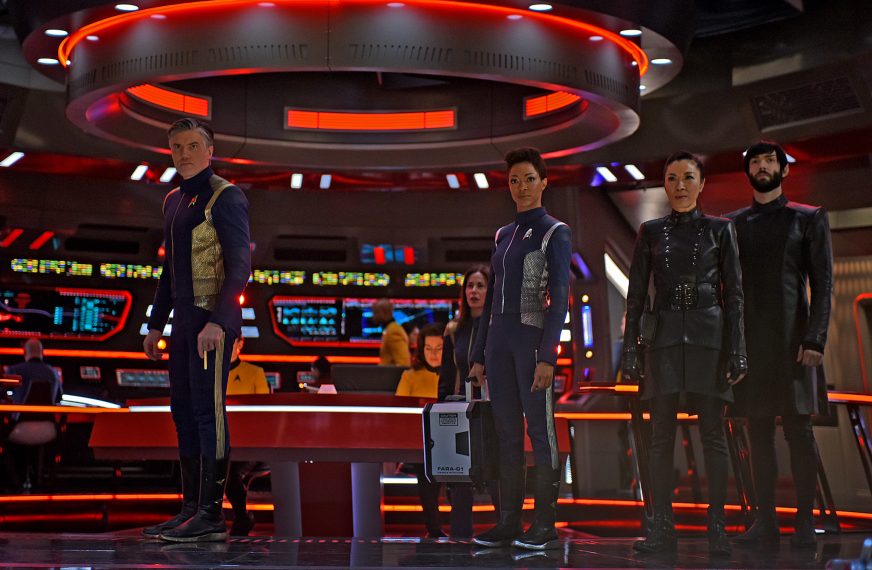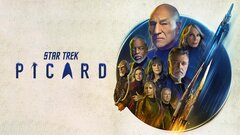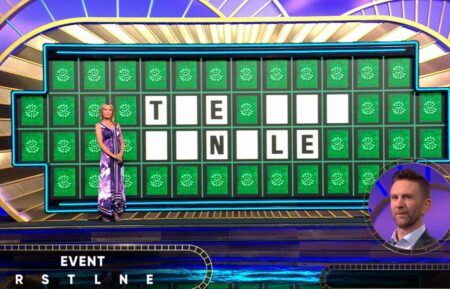What Does the CBS-Viacom Reunion Mean for Television?

CBS and Viacom are merging after more than a decade apart, and as Trevor Noah recently elucidated on The Daily Show, the possibilities are endless: “Young Sheldon and Drunk History can merge to become just Drunk Sheldon. Or we could finally get a season of Survivor set in [the] Jersey Shore. Yeah, now you get voted out of the Jacuzzi.”
All jokes aside, though, the merger does mean the TV landscape is shifting yet again.
For starters, the merger positions ViacomCBS to better compete with other big names in the media industry — Amazon, Apple, Disney, Netflix, NBCUniversal, WarnerMedia, et al. — since its library now boasts more than 140,000 television episodes and more than 3,600 movies, per The Verge. The company now has the option of making that content available on the premium streaming services CBS All Access and Showtime OTT, both of which were CBS properties, or even the ad-supported service Pluto TV, which Viacom has been building up.

The Daily Show with Trevor Noah (Brad Barket/Getty Images)
With all that programming at hand, ViacomCBS brass says to expect some cross-pollination on the combined company’s platforms, according to Variety. Think Nickelodeon, BET, MTV, and Comedy Central shows on CBS All Access and Paramount films airing on Showtime. And Pluto TV could soon boost CBS Sports HQ and ET Live programming.
Plus, ViacomCBS’s library would become even larger if it absorbs another media company. Vox suggests that instead of positioning itself for sale to a larger company—which might have been its strategy a year ago—ViacomCBS might now try to buy or combine with smaller companies—e.g. Discovery Inc., AMC Networks, or Starz/Lionsgate.

Star Trek: Discovery (John Medland/CBS)
Finally, let’s turn to the final frontier. Much like the Disney-Fox deal meant the X-Men and the Fantastic Four can finally join the Marvel Cinematic Universe, the ViacomCBS merger means that the Star Trek films (both original and rebooted) and the Star Trek series (including Discovery and the forthcoming Picard) will be under the same roof again.
It’s not boldly going where no man has gone before, per se, but it’s one of many intriguing possibilities of Hollywood’s latest mega-merger.
From TV Guide Magazine
How Hulu's 'Mid-Century Modern' Is a 'Golden Girls' for Our Times
Settle in for some older and bolder laughs with the BFFs of a certain age in the new comedy starring Nathan Lane, Matt Bomer, and Nathan Lee Graham. Read the story now on TV Insider.












